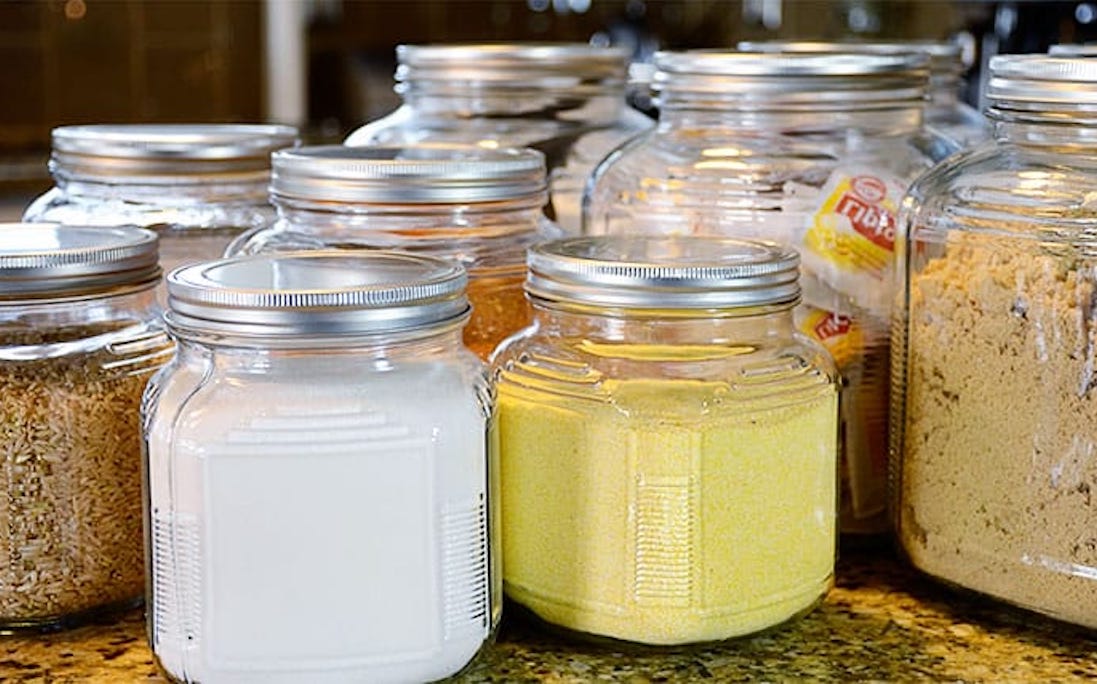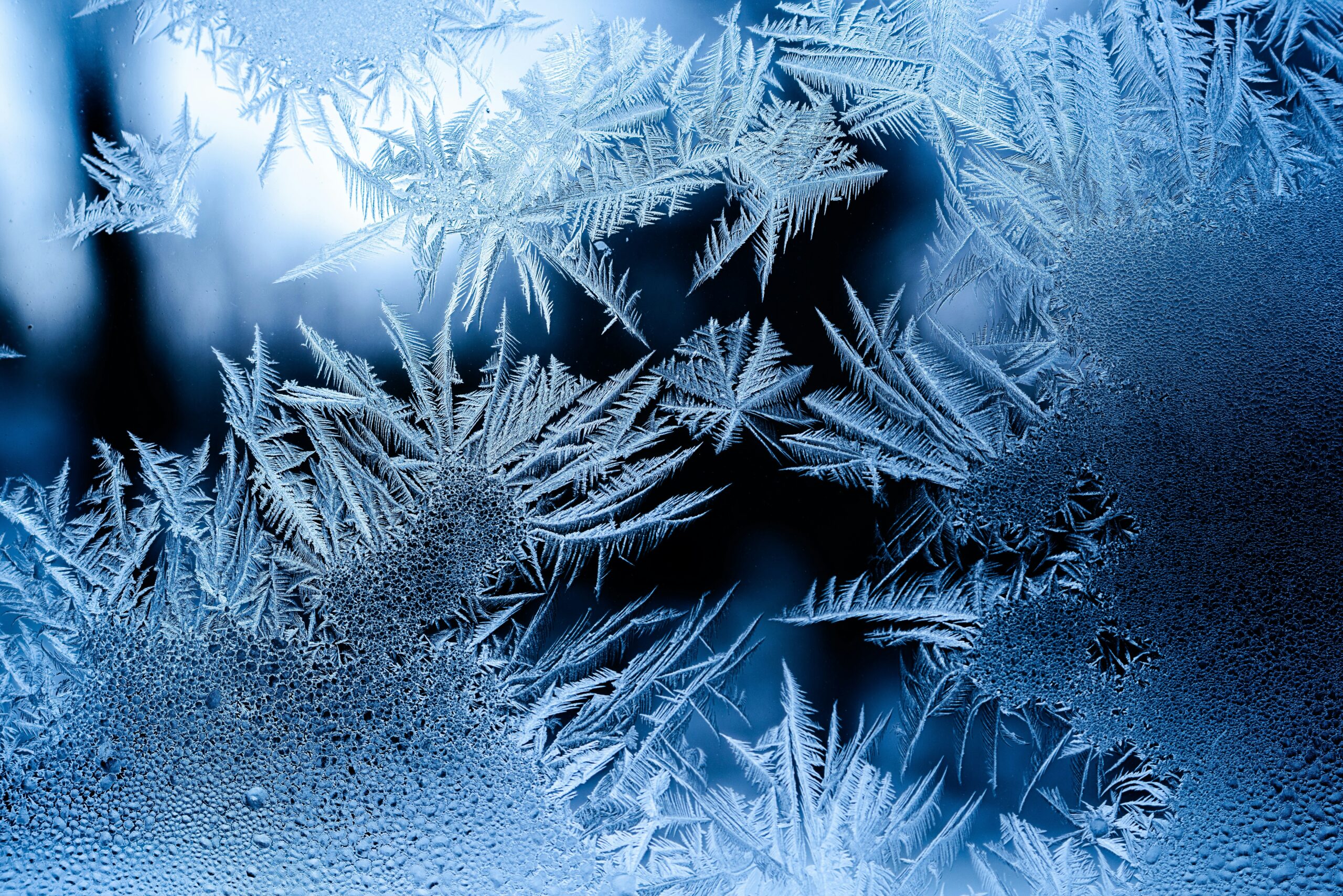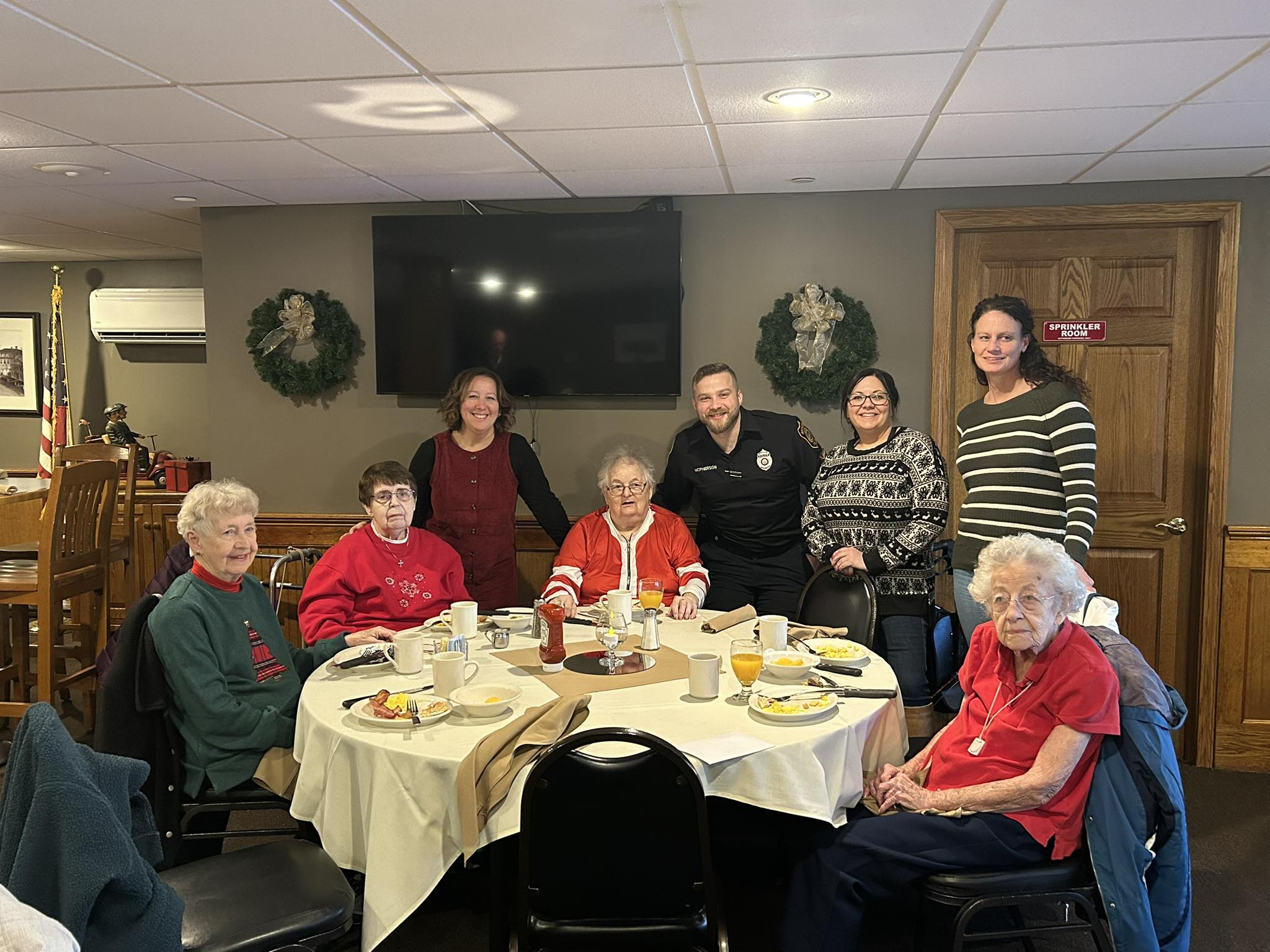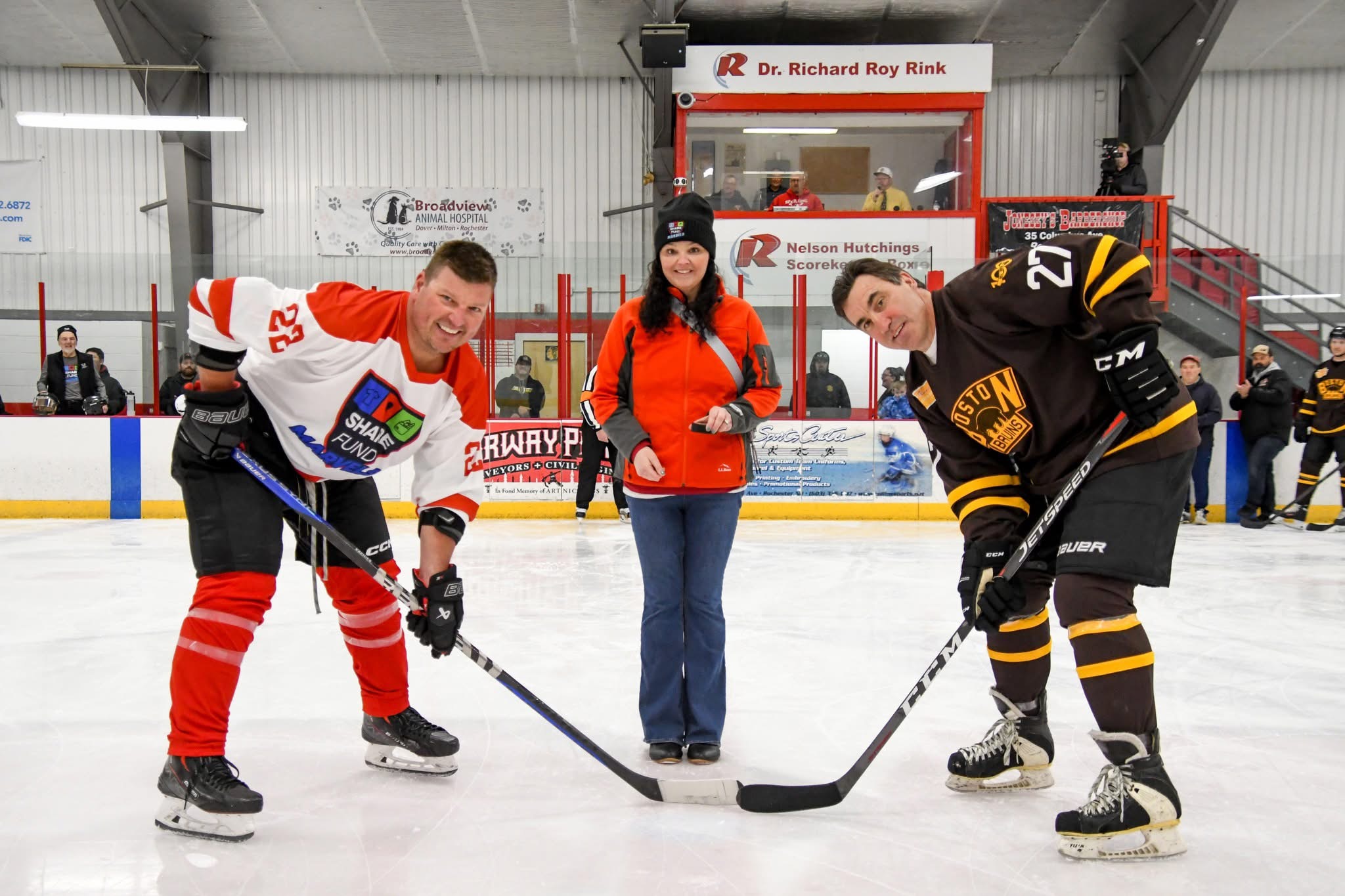In order to keep Rochester homes and neighborhoods safe and clean for all, Public Health officials are providing helpful tips and informational resources to help residents avoid rodents and rodent infestations.
According to the CDC, rats and mice (worldwide) spread over 35 diseases. These diseases can be spread to humans directly, through the handling of rodents, through contact with rodent feces, urine, or saliva, or through rodent bites. Diseases carried by rodents can also be spread to humans indirectly, through ticks, mites, or fleas that have fed on an infected rodent.
The information below offers helpful suggestions on rodent control during and after a rodent infestation. The primary strategy for preventing human exposure to rodent diseases is effective rodent control in and around the home. This is achieved by eliminating any food sources, sealing even the smallest entries into homes, and successfully trapping rodents in and around the home.
Clean up rodent food sources and nesting sites
Prevent contact with rodents by cleaning up your home, workplace, or campsite.
Eliminate possible rodent food sources
- Keep food in thick plastic or metal containers with tight lids.
- Clean up spilled food right away and wash dishes and cooking utensils soon after use.
- Keep outside cooking areas and grills clean.
- Always put pet food away after use and do not leave pet food or water bowls out overnight.
- Keep bird feeders away from the house and utilize squirrel guards to limit access to the feeder by squirrels and other rodents.
- Use a thick plastic or metal garbage can with a tight lid.
- Keep compost bins as far away from the house as possible (100 feet or more is best).
- Keep grains and animal feed in thick plastic or metal containers with tight lids. In the evening, uneaten animal feed should be returned to containers with lids.
If storing trash and food waste inside the home, do so in rodent-proof containers, and frequently clean the containers with soap and water. Dispose of trash and garbage on a frequent and regular basis, and pick up or eliminate clutter.
Eliminate possible nesting sites outside the home. Elevate hay, woodpiles, and garbage cans at least 1 foot off the ground. Move woodpiles far away from the house (100 feet or more is best). Get rid of old trucks, cars, and old tires that mice and rats could use as homes. Keep grass cut short and shrubbery within 100 feet of the home well-trimmed.
Urine and Droppings
Take precautions before and during clean-up of rodent-infested areas. Before cleaning, trap the rodents and seal up any entryways to ensure that no rodents can get in. Continue trapping for a week. If no rodents are captured, the active infestation has been eliminated and enough time has passed so that any infectious virus in the rodent’s urine/droppings or nesting material is no longer infectious.
Before starting clean up of the space, ventilate the space by opening the doors and windows for at least 30 minutes to allow fresh air to enter the area. Use cross-ventilation and leave the area during the airing-out period.
Prevent rodent infestations
The best way to prevent a rodent infestation and contact with rodents is to remove the food sources, water, and items that provide shelter for rodents. Click here to learn more.









